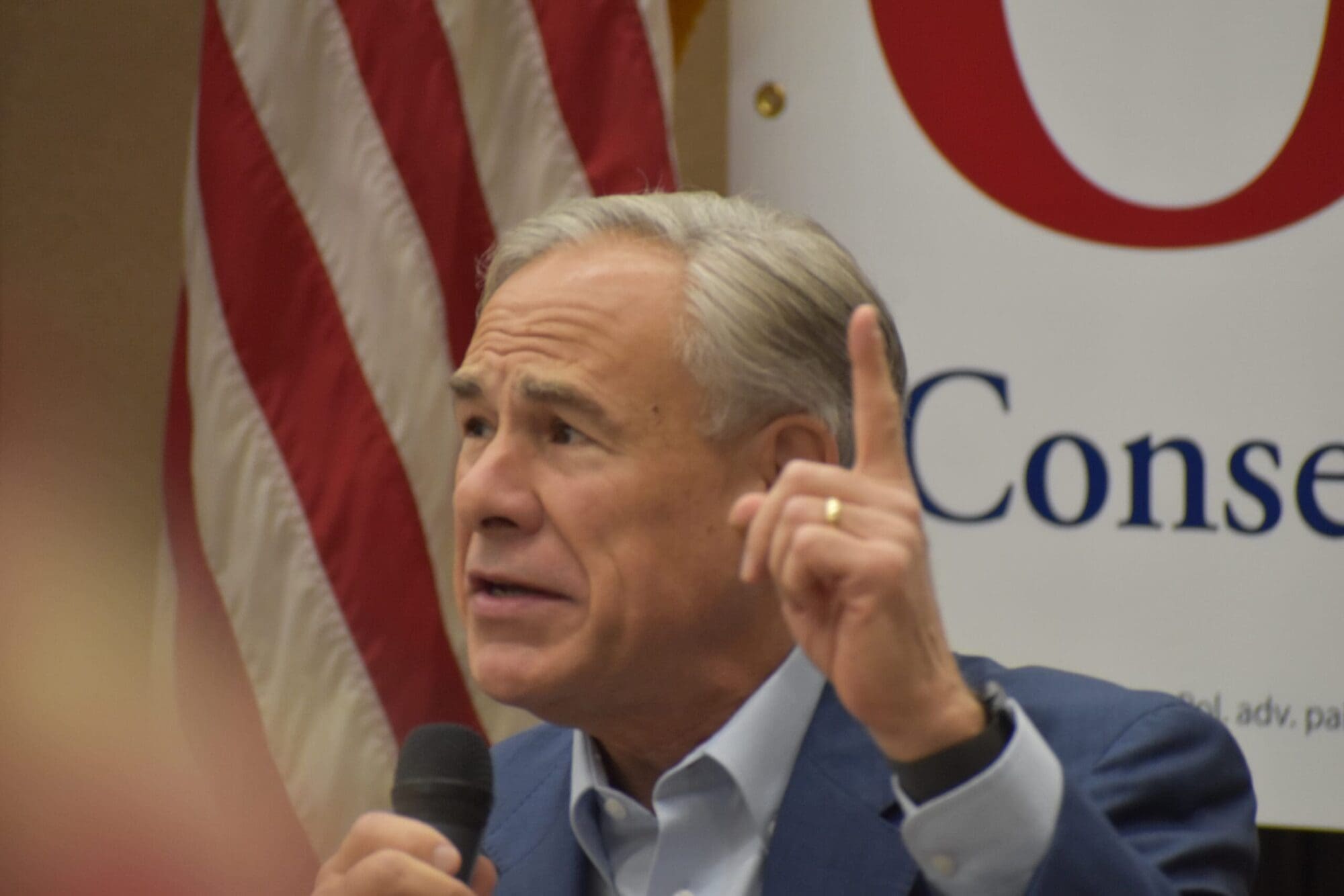The practice of “passing the trash,” or allowing teachers who may have engaged in sexual misconduct with a student to resign and teach in another district, has grown to be a major problem in Texas.
When Lt. Gov. Dan Patrick released his top ten priority issues for this session, it included “passing the trash,” and recently, State Sen. Paul Bettencourt (R-Houston) filed Senate Bill 7 aimed at protecting Texas school children from predatory teachers.
“I’m here to say we’ve stopped turning our heads to this problem, and we’re here to stamp out this problem in the State of Texas,” said Bettencourt in a press conference.
Like its name, SB 7 targets seven specific areas for reforming and strengthening teacher misconduct laws:
- Teacher’s Certifications – automatic revocation of teaching certificate for any teacher who receives a deferred adjudication for an educator misconduct offense or any offense requiring them to register as a sex offender.
- Reporting Requirements – instead of solely holding superintendents responsible for reporting, principals will be held responsible as well and a failure to report will be a criminal offense, while intentionally failing to report would be a state jail felony.
- Inter-District Relationships – current state law only prohibits intra-district relationships. This bill would expand rules to cover teacher-student relationships even if they cross district boundaries.
- Subpoena Power – filed last session by Bettencourt, SB 1222 (added as an amendment to HB 2205) allows the TEA to subpoena relevant documents. SB 7 allows the TEA to subpoena relevant witnesses.
- District Policy – school districts would be required to adopt a written policy regarding allowable electronic communication between teachers and students.
- Continued Education – requires no more than 25 percent of training every five years and includes: effectiveness, early warning signs for at-risk students, integrating technology, and educating diverse student populations.
- Accountability – holds administrators accountable by revoking the certificate of anyone who helps a person who has engaged in sexual misconduct and assists them in finding a new job as an educator.
Bettencourt referenced school districts that attempted to quash subpoenas from the TEA relating to teacher misconduct and felt the need to expand the state’s authority in preventing such behavior.
“There’s been way too much acceptance of this in the education community, there’s been way too much turning our heads to the problem, it has got to stop.”
The push to end the practice comes after a steady increase in reported cases of teacher-student relationships. The TEA opened 222 cases of teacher misconduct regarding teacher-student relationships in fiscal year 2015-2016. According to Bettencourt’s press release, “In the current fiscal year, TEA has already opened 49 cases.” Many Houston-area school districts have found themselves dealing with this problem including the districts of Houston, Cy-Fair, Klein, Katy, and Spring Branch.




